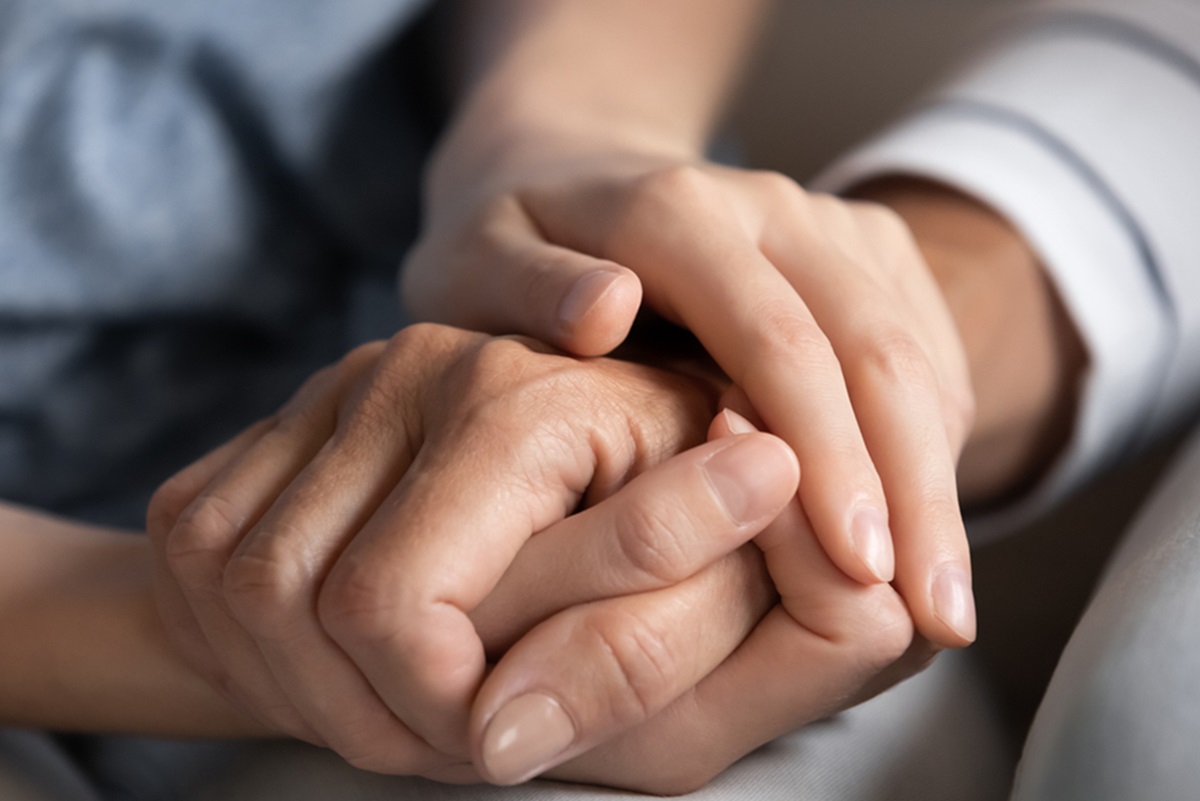Understanding Lewy Body Dementia: Symptoms, Diagnosis, and Treatment
April 23, 2025
Categories: Geriatrics
Dementia is a term for the loss of cognitive function that disrupts daily life. It falls into two main categories: reversible and non-reversible. Reversible causes include vitamin deficiencies, thyroid issues, depression, anxiety, and acute infections. Non-reversible types include Alzheimer’s, vascular dementia, frontotemporal dementia, and Lewy body dementia.
In this article, we are focusing on Lewy body dementia (LBD). It is the second most common form of dementia after Alzheimer’s. LBD is more prevalent in men and typically develops with age. It is caused by the buildup of Lewy bodies which are clumps of protein in the brain. They disrupt cognitive and motor functions.
Recognizing the Symptoms of Lewy Body Dementia
Lewy body dementia can affect:
- Cognitive function – Memory, attention, problem-solving, and perception
- Motor skills – Movement, balance, and coordination
- Behavior and emotions – Mood changes, anxiety, depression, and apathy
Common symptoms include:
- Visual hallucinations – Seeing things that aren’t there
- Cognitive fluctuations – Episodes of confusion, disorganized speech, and excessive daytime drowsiness
- Parkinsonian symptoms – Slow movement, unsteady gait, and sometimes tremors
- REM sleep behavior disorder – Acting out dreams (shouting, kicking)
- Autonomic dysfunction – Issues like repeated falls, passing out, urinary incontinence, or constipation
Because Lewy body dementia is progressive, symptoms worsen over time. However, the speed of decline varies from person to person.
How is Lewy Body Dementia Diagnosed?
If LBD is suspected, a doctor may recommend:
- Cognitive assessments – Montreal Cognitive Assessment (MoCA) or neuropsychological testing
- Brain imaging – MRI or Dopamine Transporter (DaT) scan
- Blood tests – To check for vitamin B12 and thyroid levels
- Electroencephalography (EEG) – To rule out seizures
- Alpha-synuclein skin biopsy – A newer test for detecting Lewy bodies
A neurologist typically orders these tests, and a primary care physician can provide a referral if needed.
Is There a Cure for Lewy Body Dementia?
Unfortunately, there is no cure for LBD, and no medications can stop its progression. However, treatments can help manage symptoms.
Cognitive & behavioral symptoms:
- Cholinesterase inhibitors (like donepezil or rivastigmine) may provide mild improvements in memory and thinking.
- Other medications may be used for behavioral symptoms if needed.
Motor symptoms:
- Parkinson’s disease medications can help with movement difficulties.
Lifestyle modifications:
- Reduce stress by creating a calm, structured environment.
- Stay mentally active with brain exercises like reading and puzzles.
- Engage in physical and social activities to support overall well-being.
Support for Patients and Caregivers
A Lewy body dementia diagnosis can be overwhelming, but patients and caregivers don’t have to navigate it alone. Support groups, specialized memory care programs, and medical guidance can provide crucial assistance.
Learn more about memory care and support at Saint Alphonsus by visiting our Memory Center.

